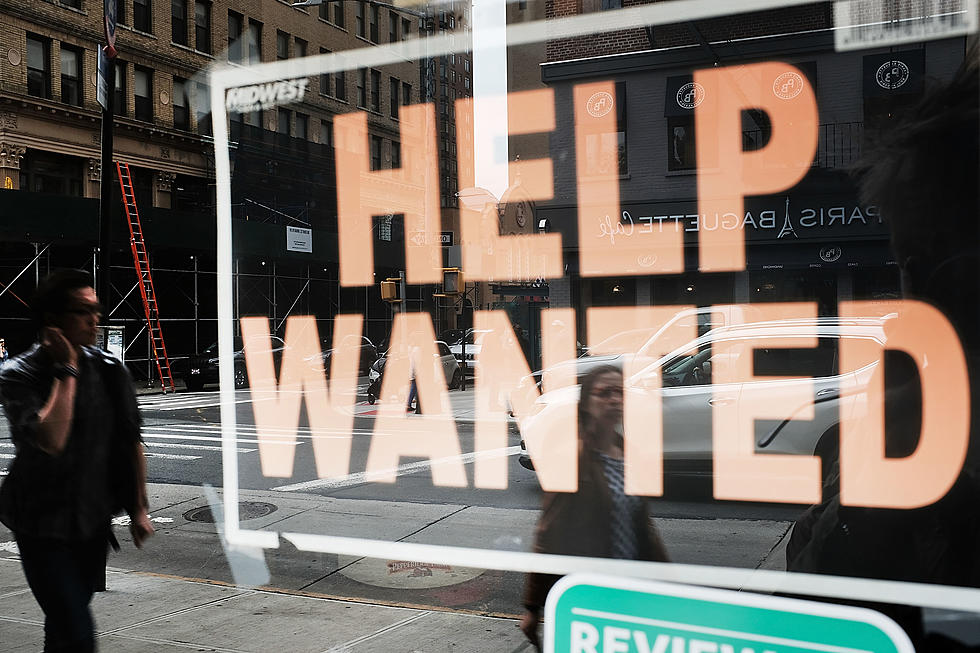
What makes employees happy and productive?
Mercer's new 'Inside Employees' Minds' survey finds some interesting trends about the employees and the workplace.
The study, which took a look at the preferences of 3,000 U.S. workers, found that while base pay was the most important factor for all workers of all age groups, things vary a bit from there.
While older workers next focus on their retirement plan, the number two most important factor for millennials is career opportunity.
"They want transparency," said Ilene Siscovick, a partner at Mercer. "They want to understand what it's going to take to move up in their career."
In addition to transparency, Siscovick said they are focused on the velocity of their advancement and want some measure of control over it.
The report also found that there is a growing goal disconnect. Fewer employees today (72 percent) versus 2011 (82 percent) see how their work contributes to achieving the organization's overall goals.
Siscovick recommends that more employers take the temperature of their workforce and workplace to learn the different priorities of the different demographics.
"There are different preferences from the Baby Boomers, Gen X, Gen Y," she explained.
She believes the onus is on employers and managers to frame out career philosophies.
Another interesting trend is the "happy, but leaving" one. The survey found that nearly two in five workers are seriously considering leaving their job, even though they are generally satisfied with their current position and compensation.
That trend is being driven by the younger generations - X, Y (Millennials), and the incoming Z - which now account for the majority of the workforce. These employees have decidedly different views and expectations about work than their older colleagues.
The majority of workers (66 percent) are satisfied with their current health coverage, but are concerned about the future affordability.
"Benefits are very highly valued and make employees feel appreciated," she said. "53 percent agree that benefits are one of the reasons they work where they do."
The report shows favorability with retirement benefits (60 percent), but more and more workers are growing concerned about expenses when they are retired.
"Employees doubt their financial readiness for retirement, especially when it concerns health care, expenses, and retirement," Siscovick said.
The data shows 32 percent of workers surveyed say saving for health care expenses in retirement is a top priority. That figure is up from 24 percent just five years ago.
Younger workers are driving the demand for greater benefit flexibility, challenging many of the status quos that employers have in place.
More From 92.7 WOBM










